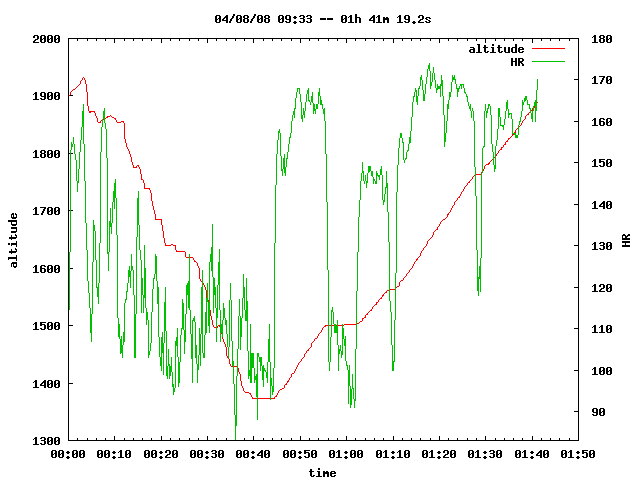I’ve been a member of April, the french association for promotion and defense of Free Software, for a bit more than a year, and I often regret not becoming a member earlier. (I was feeling so guilty and shameful about not being a member that I actually postponed becoming a member.)
Stop feeling guilty and shameful, become an April member today!
Why Is becoming an April member so important?
- Clearly, April doesn’t address the same problems as your local LUG. April is a country-wide organization, and it works on country-wide problems. It’s the only group able to work on such problems at this scale (I’m not sure of the situation in other countries, but I think CCC shares a similar role in Germany for example).
- Each time I talk to people really involved in April (which I’m not), I’m amazed by how powerful they have become. They are able to talk to french or european deputies or ministers’ cabinets, and are considered important. They are doing a fantastic job spreading what matters to us to legislative and executive powers in France and Europe.
Some of the things they worked on recently (from the top of my head):
- Lobbying on :
- OOXML
- General announcements about politics (Plan France Numérique 2012, aka Plan Besson).
- European telecom package and HADOPI law (french graduated response) law, through Quadrature du net. (OK, it doesn’t have anything to do with April, but most of the people involved in Quadrature du Net are also involved in April :-)
- vente liée : the fact that it’s not possible to buy a computer without a Windows license. It’s illegal in French law, but still the de facto situation almost everywhere.
- Organization of a campaign where candidates to elections in France where asked questions, or asked to sign a declaration about Free Software. In 2007, 8 out of the 12 candidates of the french presidential election answered April’s questions.
So, really, become a member today. It’s only 10 EUR, and you already know they will be well used. April is trying to reach 5000 members by the end of 2008.
(Apparently, if you use that address, April will now that you came from me. No benefit for me at all.)


